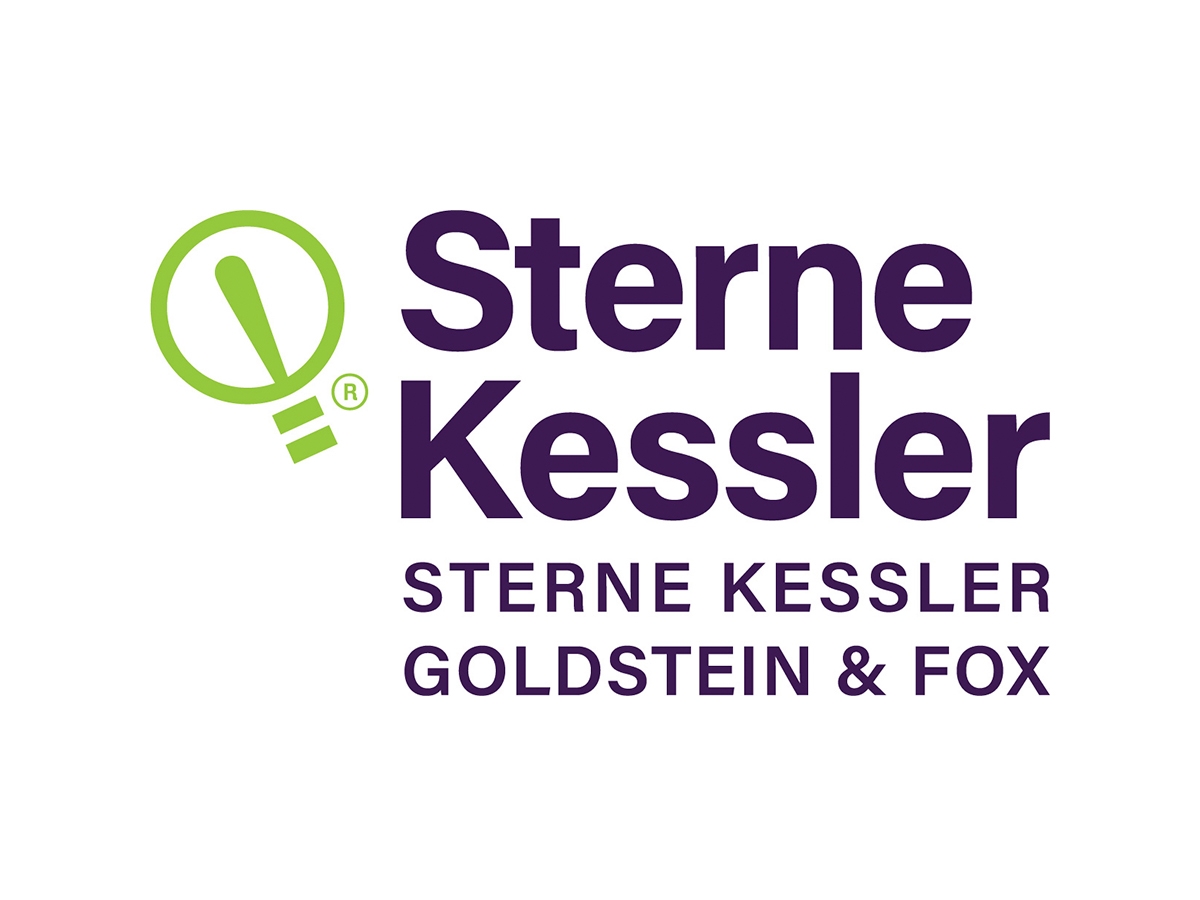Company Valuation in Shareholder Disputes
‘Show me the money!’… we’ve all heard the expression.
For any shareholder or investor involved in a commercial dispute, the phrase will carry an immediate urgency and resonance.
Inevitably, there are powerful emotional factors that push and pull in valuing shares. Equally, there are countless internal and external scenarios where any business’s share valuation can be impacted.
If you’re in a situation where shareholder value has been affected, you should seek advice from specialist litigators who can advise you from the start.
Contact our experienced team. We are experienced in negotiating and litigating shareholder disputes ranging from six to high eight figures. We know what steps to take to position you and your case in the strongest way possible. We’d love to help you.
In Short, how are Share Disputes resolved?
One way or another, money will typically change hands to resolve share disputes. The questions then become ‘when’, ‘by whom’, and (of course), ‘how much’. This inevitably leads to complex and heavily litigated issues surrounding valuation. Other factors and aspects are also important in terms of potential outcomes — seeking (or petitioning) to sell or buy shares, for example. Our focus here is on valuation.
Regardless of the background to a shareholder dispute, it’s essential that whoever you instruct to assist you in resolving the dispute understands the importance and nuances regarding valuation in share litigation.
Valuing shares in unfair prejudice shareholder disputes is notoriously complex.
For shareholders involved in a dispute, the issue of valuation represents both a risk and an opportunity. Handled incorrectly, a winning case can be ‘lost’ commercially speaking.
But on the bright side, knowing and using valuation mechanisms, court process, and the pressure of litigation can all improve commercial outcomes.
Because the issue of valuation is central to shareholder disputes, we’ve endeavoured to cover must-know valuation information and frequently asked valuation questions below.
What Is Section 994?
Section 994 is a provision of the Companies Act 2006 intended to protect company members (or shareholders) from unfair prejudice.
In the context of Section 994, a company member may petition the court for an unfair prejudice order on the ground:
- that the company’s affairs are being or have been conducted in a manner that is unfairly prejudicial to the interests of members generally or of some part of its members (including at least himself), or
- that an actual or proposed act or omission of the company (including an act or omission on its behalf) is or would be so prejudicial.
Additionally:
- The provisions of this Part apply to a person who is not a member of a company but to whom shares in the company have been transferred or transmitted by operation of law as they apply to a member of a company.
In plain English, Section 994 gives minority shareholders protection against misconduct or mismanagement by other company members and directors.
If a Section 994 petition is successful, the court has significant scope to award a minority shareholder relief, proscribe prejudicial conduct by directors or majority shareholders, and dictate company operations.
However, Section 994 petitions are notoriously difficult to bring successfully, as the courts are reluctant to interfere in a company’s operations.
Often, the threat of litigation under Section 994 is as potentially advantageous to an aggrieved minority shareholder as taking the case to court.
How Do Courts Settle Issues of Valuation in Shareholder Disputes?
The court itself doesn’t provide business valuations, but it has wide leeway in determining if an independent valuation, or one provided by the company, is legitimate.
For example, in Wann v Birkinshaw [2017] EWCA Civ 84, the court ordered the majority shareholders to buy out the petitioner at “a fair value, being a rateable proportion of the total value of the Company as at 10 April 2013″.
An expert determined a valuation of £2.85M, which the Judge approved.
However, the majority shareholders appealed the decision, arguing that the company’s debt obligations of £1.4M should be subtracted from the valuation, which was based on a multiple of profits.
The Court of Appeal determined that the company’s debt should be accounted for, reducing the valuation by 50% of the borrowings: £700,000.
The decision was made at the court’s sole discretion, and there are no set guidelines for how the courts will interpret a valuation.
Do Courts Order Business Valuations?
A common outcome of successful unfair prejudice petitions is for the court to order the majority shareholders to buy out the claimant’s holdings at fair market value.
If no valuation is in place — or if the valuation is disputed — the court has the sole discretion to order a valuation or interpret an existing one however it sees fit.
Ultimately, the courts can (and have) ignored expert business valuations and come to their own determination of a company’s value.
Additionally, it is becoming increasingly common for the courts to order a separate expert valuation, a joint valuation, or valuation by a court assessor early on in court proceedings in an effort to encourage a speedy settlement rather than lengthy litigation.
When Should I Get My Business Valued in a Shareholder Dispute?
Determining the value of a business when a shareholder dispute first arises or appears imminent is best undertaken as soon as possible.
It’s impossible to determine the value of each owner’s shareholdings without an accurate picture of a company’s fair or fair market value.
Absent that knowledge, most avenues to an equitable resolution (such as buying out shareholders or selling the business to a third party) are closed.
Why Timing is Crucial
The are numerous reasons to get a company valuation as early as possible. In many cases, the disputing shareholder(s) no longer want any part in the operations of the business. But they do want to get paid what they feel they are owed.
In such instances, it may be in the mutual interest of both the minority and controlling shareholders to pay an expert for a joint valuation early on in the dispute. The goal is to arrive at a valuation all owners can agree on and move swiftly towards an equitable solution.
Commercial litigation is also notoriously expensive. Some firms — including Helix — will take on shareholder dispute cases with a significant probability of successful resolution on a No Win No Fee basis.
In other instances, one or both parties in a shareholder dispute may seek third-party funding to pay for legal and court costs. In this case, the lender will require a company valuation as part of their due diligence process.
Different Approaches to Valuation
Although the courts have the autonomy to value a company however they see fit, in practice, they tend to lean heavily on experts — typically accountants — to help determine a company’s valuation.
Several factors play into how much weight the court will give an expert’s valuation, including:
- The expert or accounting firm’s experience and professional reputation
- A strong bias towards evidence-based rather than theoretical valuations. Examples of evidence the courts typically find reliable include relevant comparisons to sale prices and profit multiples of comparable businesses or organisations in the same sector.
How Do Experts Value Shares in a Private Company?
Numerous methodologies are available to experts seeking to determine the value of a private company’s shares.
The most commonly used valuation methods are:
- Income-based approach
- Market-based approach (Discounted Cash Flow Basis)
- Asset-based approach
What’s the Role of Experts in Business Valuation?
Typically, a business valuation expert is an accountant hired by a private company, a company shareholder (or shareholders) or a third party like an interested buyer or lender who wishes to determine how much a business — and individual shares — are worth.
Valuation experts are often forensic accountants with extensive experience in valuing companies. Valuation experts can also be appointed by the courts, usually to help resolve a shareholder dispute.
What Are the Differences Between Market Value and Equitable Value?
According to the International Valuation Standards Council (IVSC):
“Market value is the estimated amount for which an asset or liability should exchange on the valuation date between a willing buyer and a willing seller in an arm’s length transaction, after proper marketing and where the parties had each acted knowledgeably, prudently and without compulsion.”
“Equitable value (frequently known as “Fair Value” in the UK) is the estimated price for the transfer of an asset or liability between identified knowledgeable and willing parties that reflects the respective interests of those parties.”
Equitable value is used when “special purchasers” — typically existing shareholders — have the company and shares valued, often to facilitate buying out other shareholders at Fair Value.
Existing shareholders are the most likely candidates to purchase additional shares in a private company. It’s almost unheard of for an unconnected third party to acquire a minority stake in an unlisted company.
However, third parties do buy controlling stakes in private companies, or purchase them outright, all the time. In this case, market value rather than equitable value should be determined to help arrive at a selling price on which all parties agree.
What Are Comparables in Business Valuations?
A comparable analysis (or comparables) is often a crucial component of a market-based valuation. By comparing relevant transactions and multiples of price-to-earnings or EBITDA profitability of companies in the same industry, an expert can draw informed conclusions about the private business they’re valuing.
Unfortunately for SMEs, most comparables data comes from public companies, which are typically much larger and more well-established than private businesses. Even if the public company is engaged in the same industry, an expert must thoroughly evaluate any comparables before conclusions are drawn.
What’s the International Valuation Standards Council (ISVC)?
The International Valuation Standards Council (ISVC) is a non-profit based in London and incorporated in the US that “develops and sets the international technical and ethical standards for valuations.”
The International Valuations Standards are updated frequently and used by valuation professionals in over 130 countries. Establishing a virtually global standard for valuation ethics and practices helps boost investor confidence and facilitates cross-border commerce.
How Do Expert Valuers Determine an Appropriate Multiplier of Profits?
It is often said that valuation is as much an art as a science. Nowhere is that more true than when an expert must decide on the appropriate multiplier of profits or earnings to determine the equitable or market value of a private company.
A multiples approach compares specific financial metrics between similar companies to seek an accurate valuation. An expert may apply a multiples approach to numerous metrics to arrive at a final valuation, but frequently the focus is on a multiplier of revenue, profits or earnings.
Depending on the size of the company being valued, earnings or profit are likely to be determined by one of two methods.
- For small businesses, Owner’s Discretionary Cash Flow (ODCF) or Owner’s Cash Flow is often used to measure earnings. ODCF is similar to Seller’s Discretionary Earnings (SDE), commonly used for valuations in the US.
- For medium – enterprise-size companies, Earnings Before Interest, Taxes, Depreciation, and Amortization (EBITDA) is used worldwide to measure an organisation’s earnings and overall financial performance.
Once ODCF or EBITDA is determined, an expert will use whichever metric is appropriate and then apply a multiplier of profits.
Aside from earnings or profitability, numerous additional factors go into arriving at an accurate multiplier. Here are several crucial considerations:
- Industry Sector Analysis
- Comparables Analysis
- Potential Growth and Scalability Assessment
- Assessment of Risk
- Expert Judgement
There are resources available that give benchmark multiples by industry (for example, the average revenue multiple for a restaurant is currently around 2.5X). But such estimates are blunt instruments that fail to account for the unique nature of every business.
Concerned About Share Valuation in Your Dispute? Let Us Help
As a specialist litigation team; we’re experienced in handling a broad range of unfair prejudice and shareholder disputes. We’ve successfully litigated disputes involving companies (and groups of companies) where the shares involved run to values of tens of millions of pounds. We enjoy this litigation.
Our commercial litigation team works nationally, is led by Alex Cook, and is ranked in the Legal 500 over multiple years for good reason. We have, are, and will continue to litigate these disputes successfully, including against city firms. We’re a team with strength in depth, experienced in doing the necessary work, and more importantly, going above and beyond to maximise opportunities to position our clients’ on the front foot in litigation if, as, and when they arise. We enjoy positioning our clients in the strongest possible terms. Valuation can form an essential tool in the process.
We’re generally happy to back our own advice. Where there is sufficient value in a company or dispute, and where prospects of success are sufficiently high, we’re also often prepared to consider working on a no-win, no-fee basis following (most often) a paid-for initial review and assessment process.
Whatever your particular situation, shareholder disputes are complex. Our specialist litigation team helps position our clients in the strongest possible way at the outset to capitalise on any advantage, deal with problems as succinctly as possible, and/or minimise risk.






